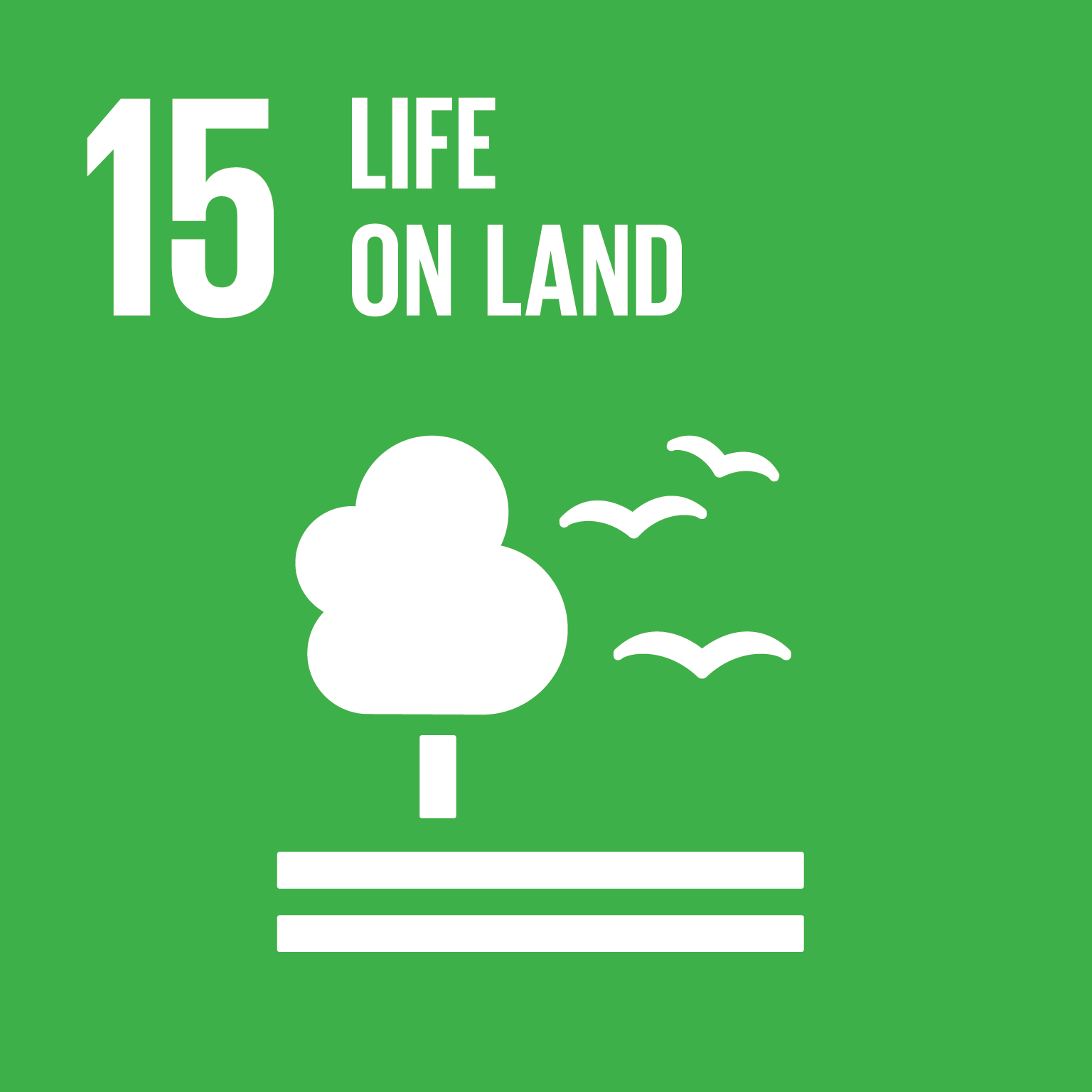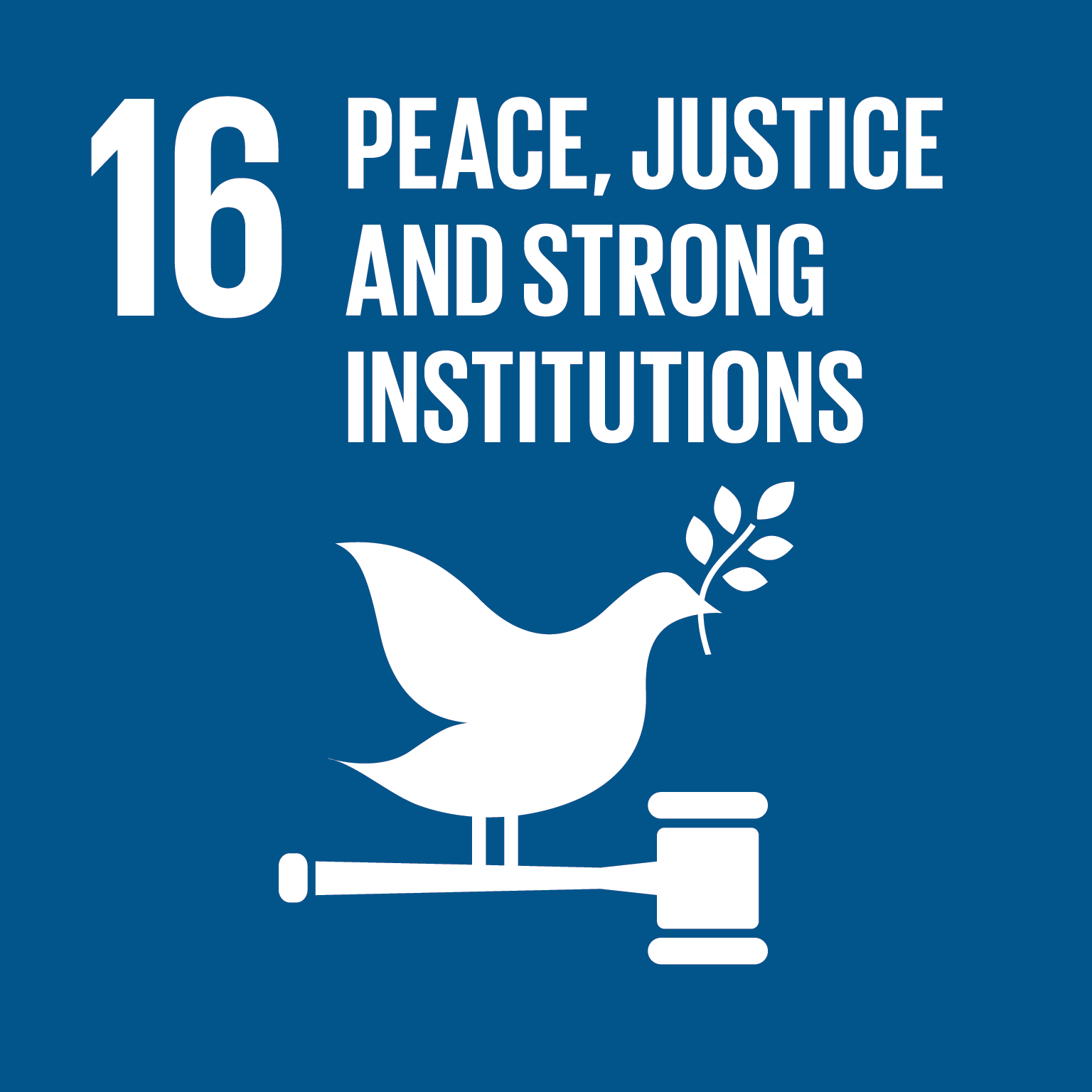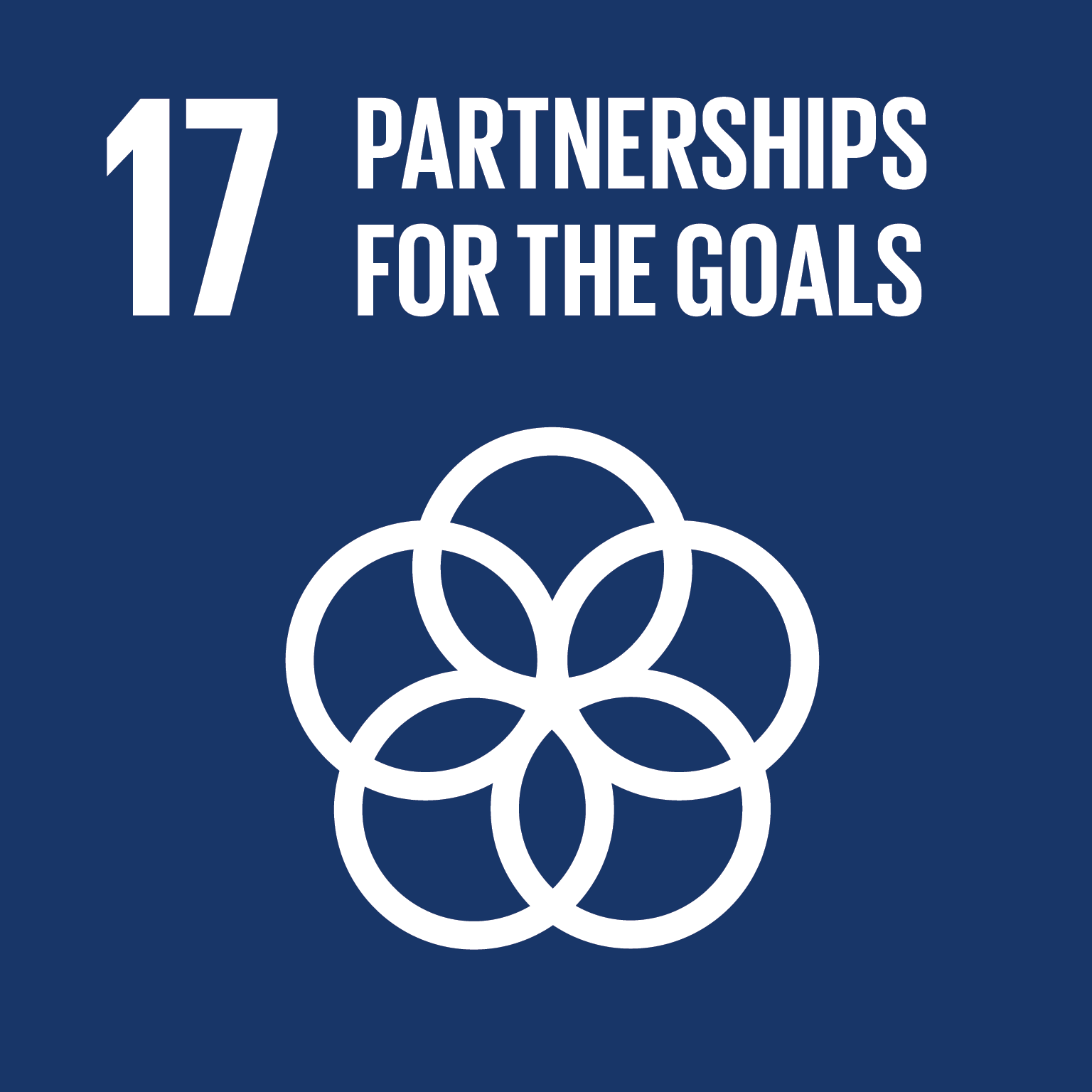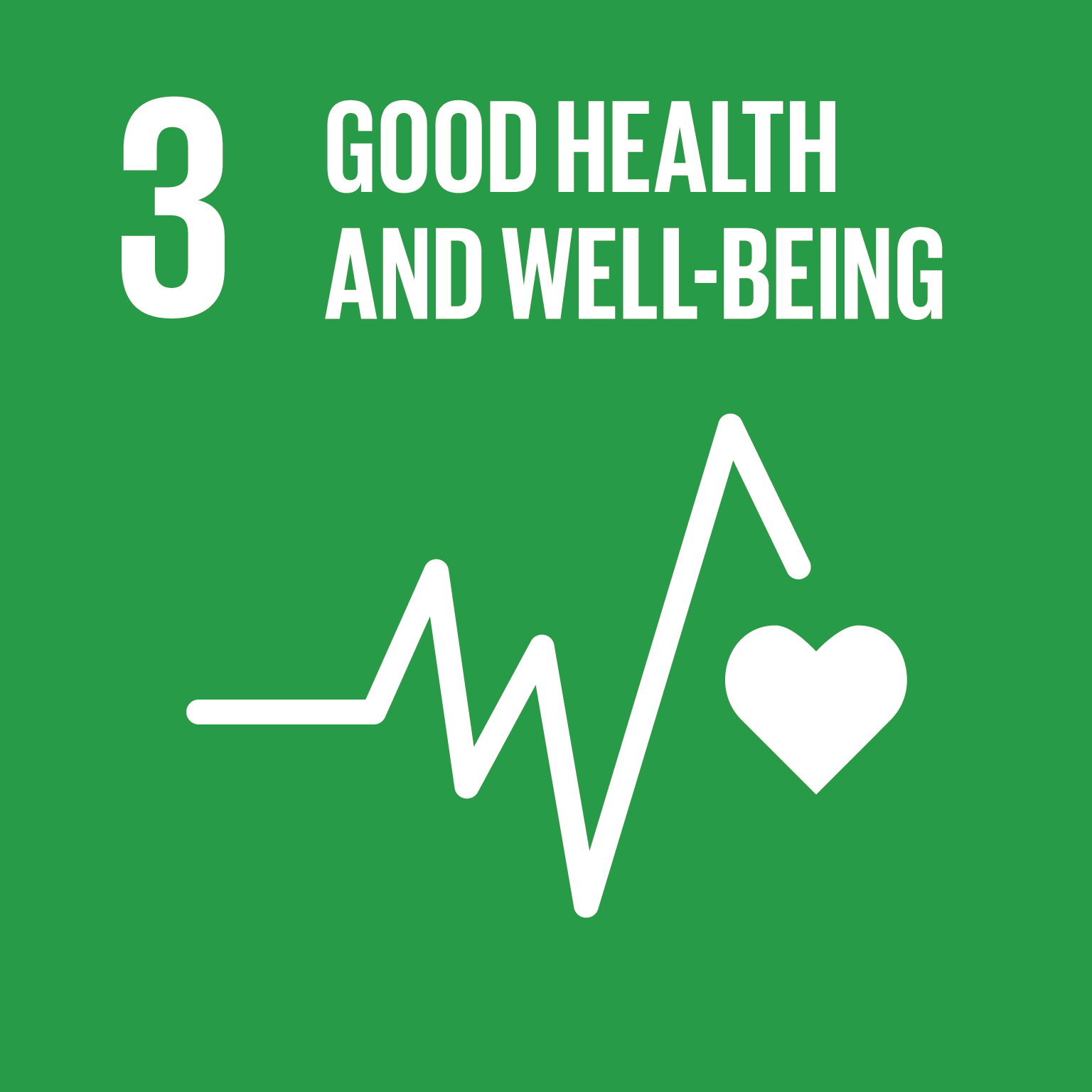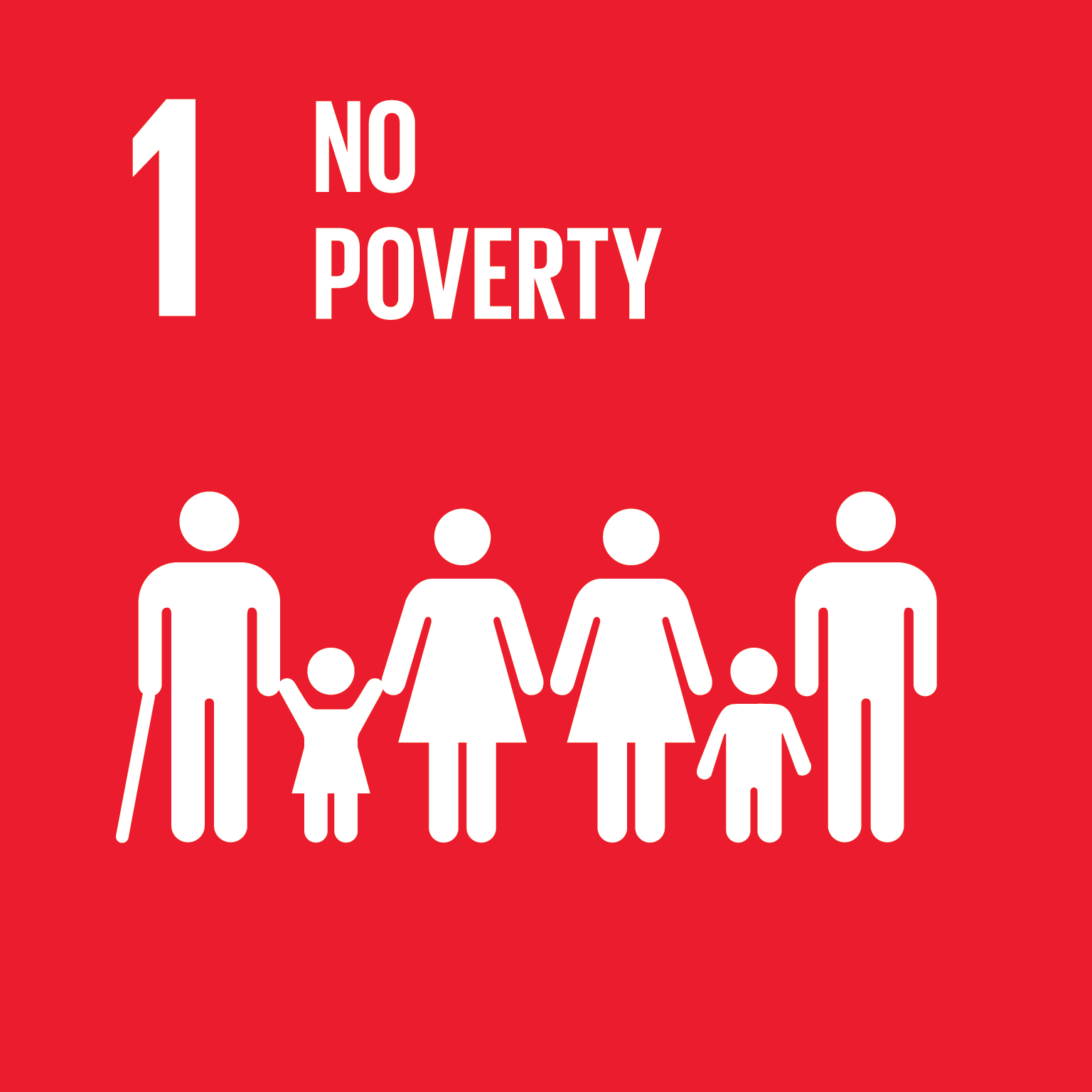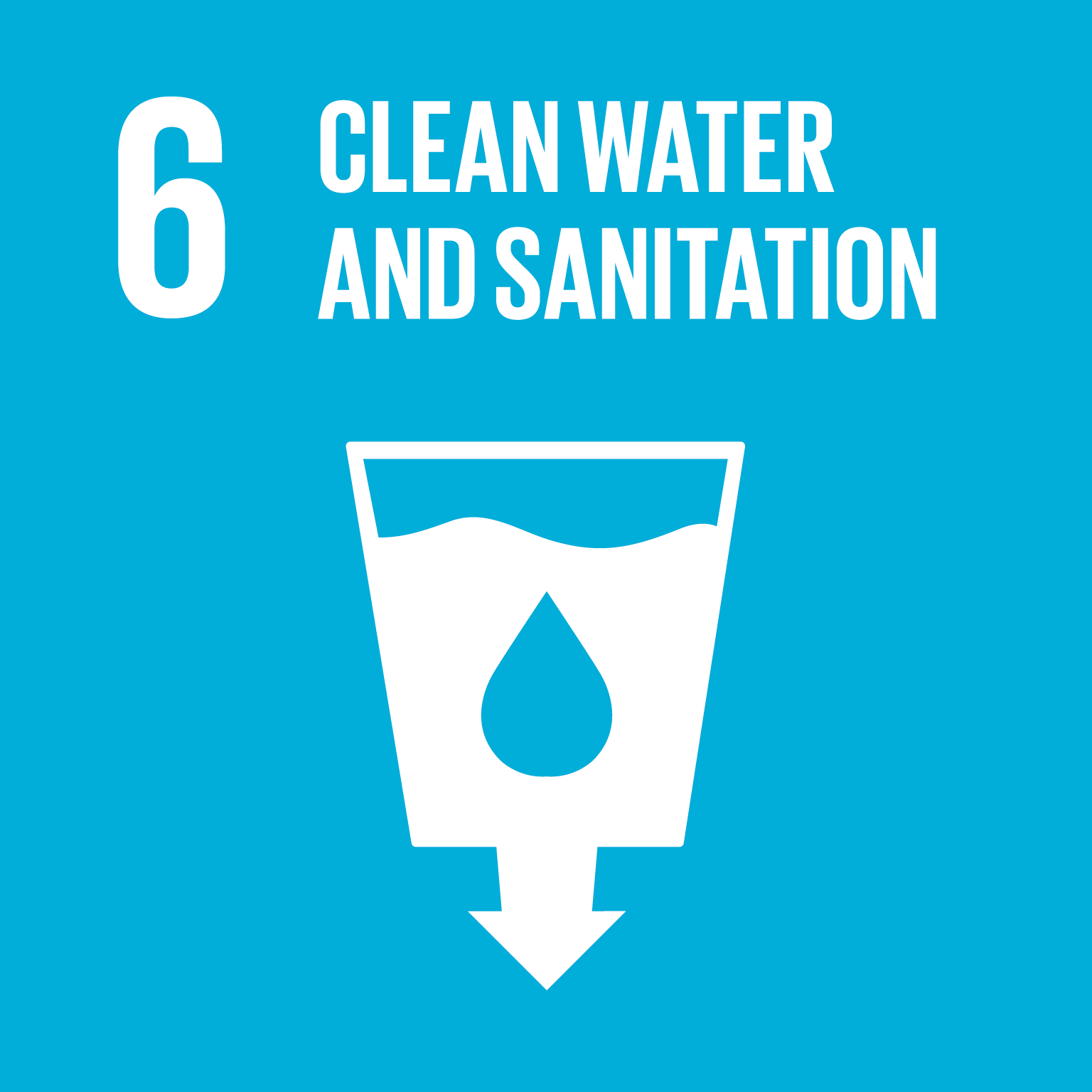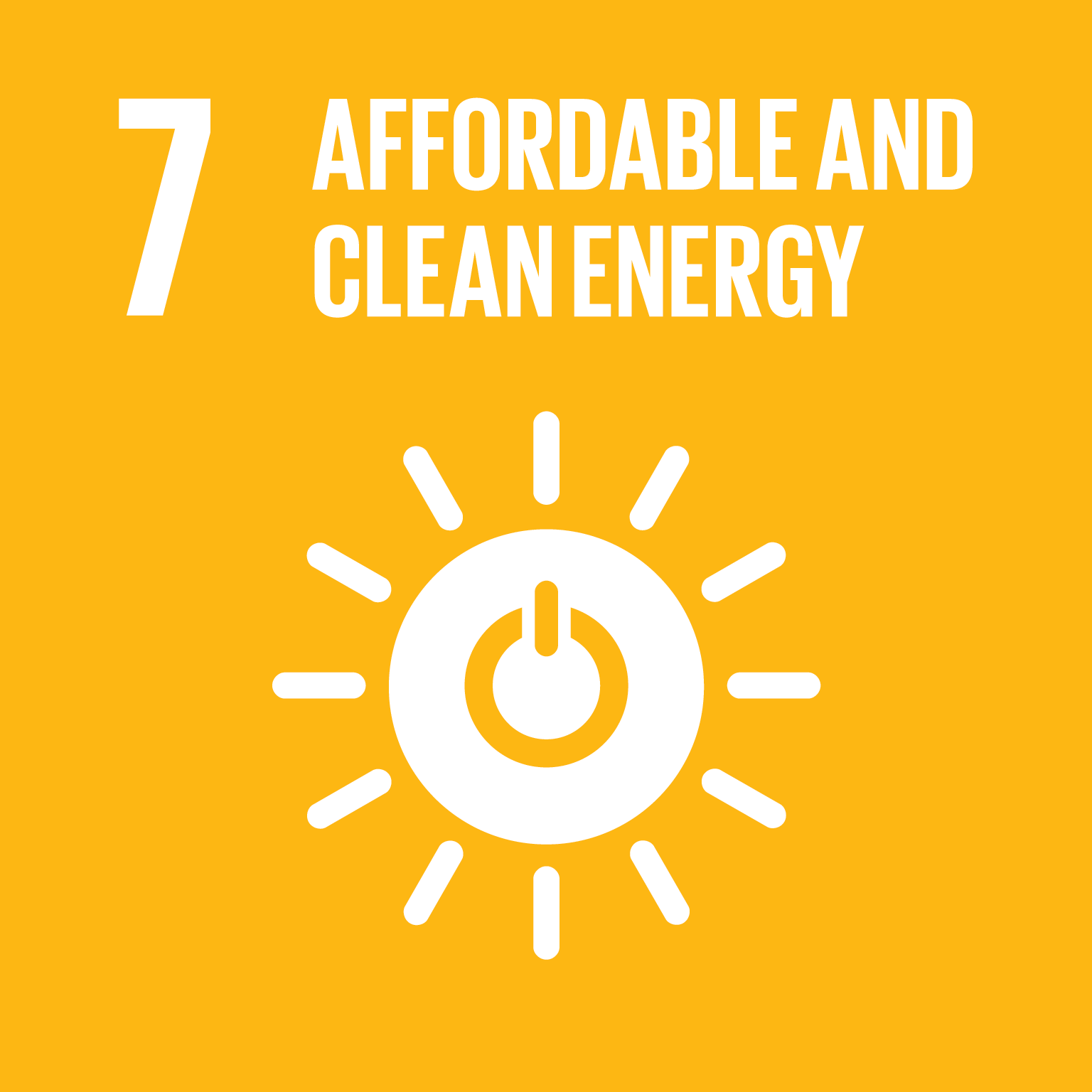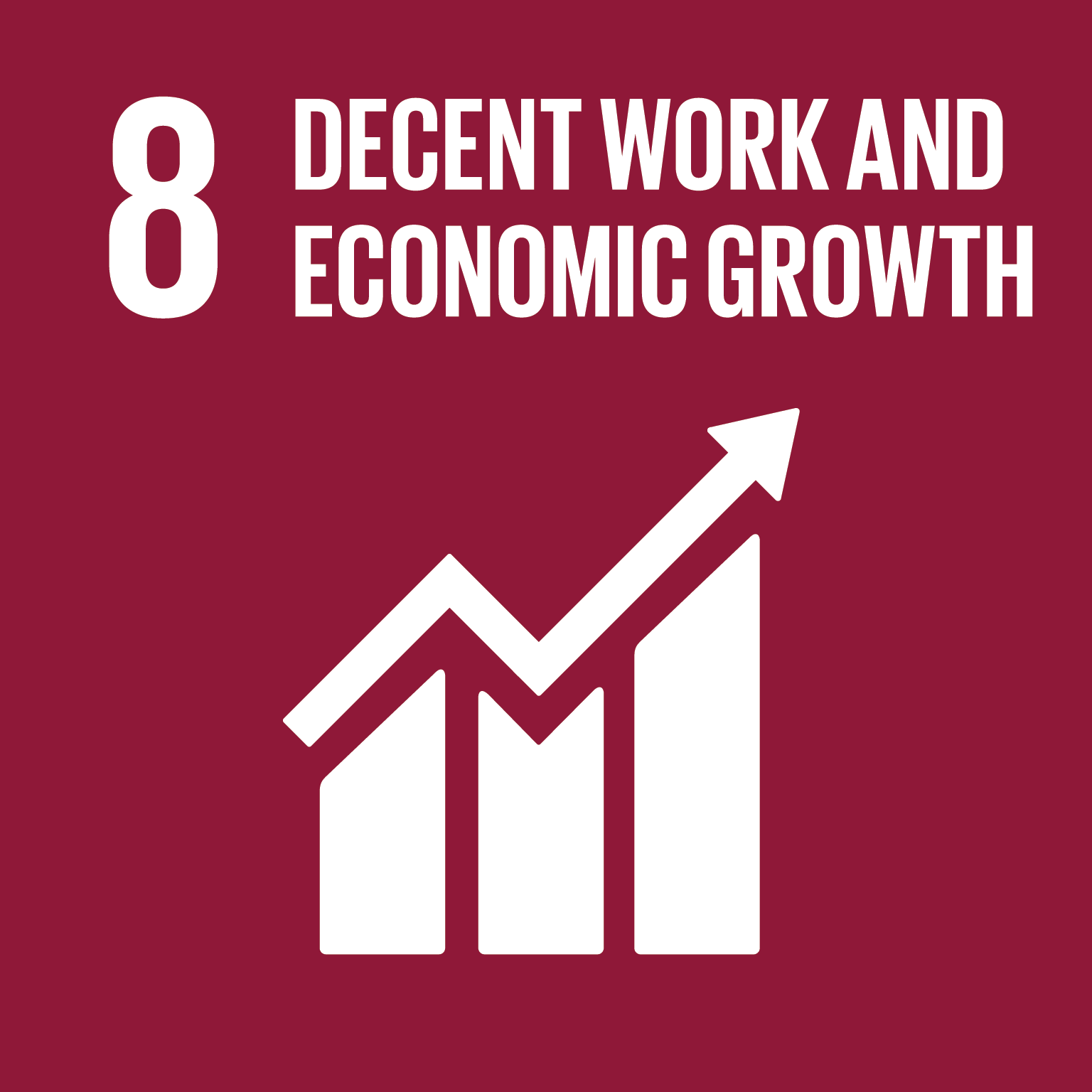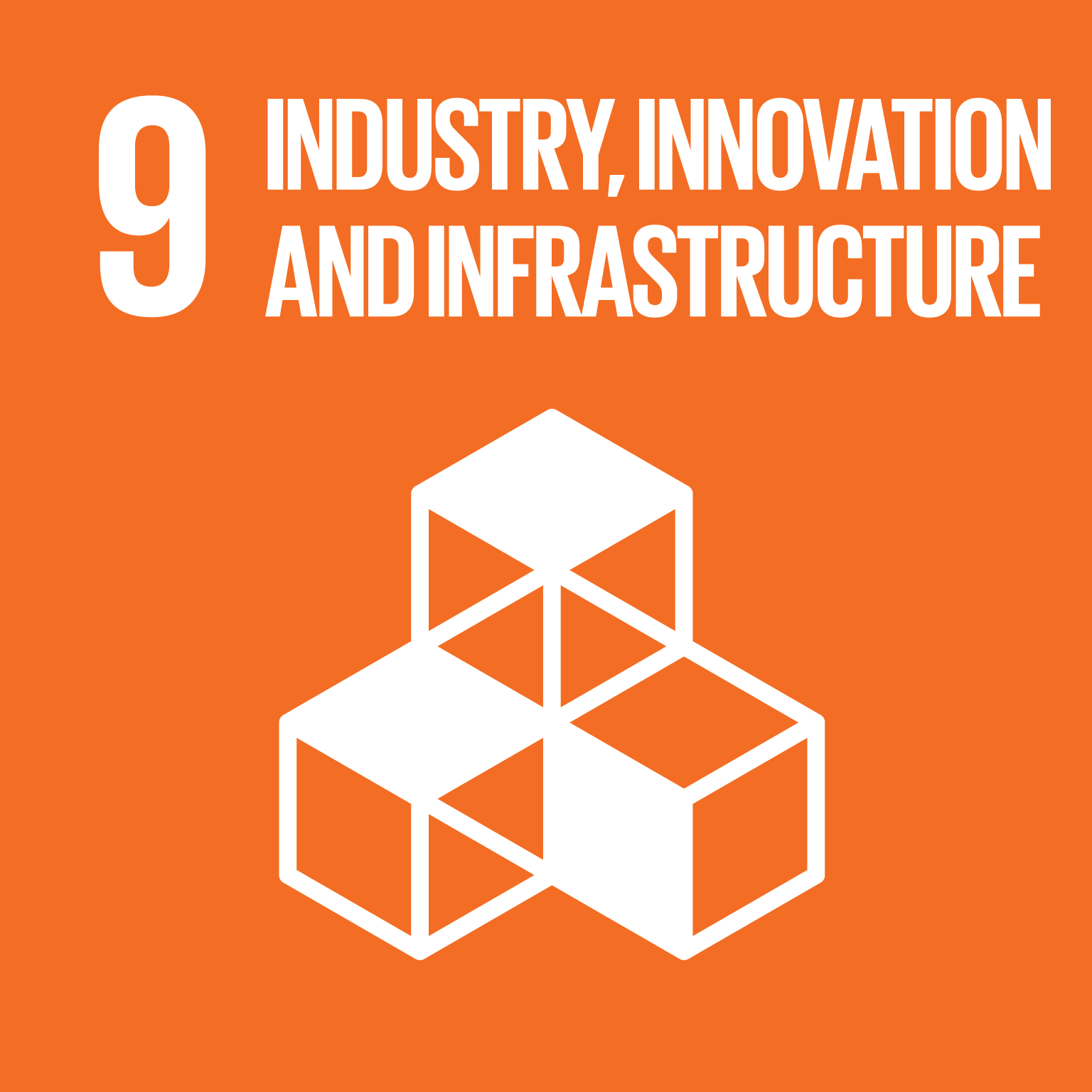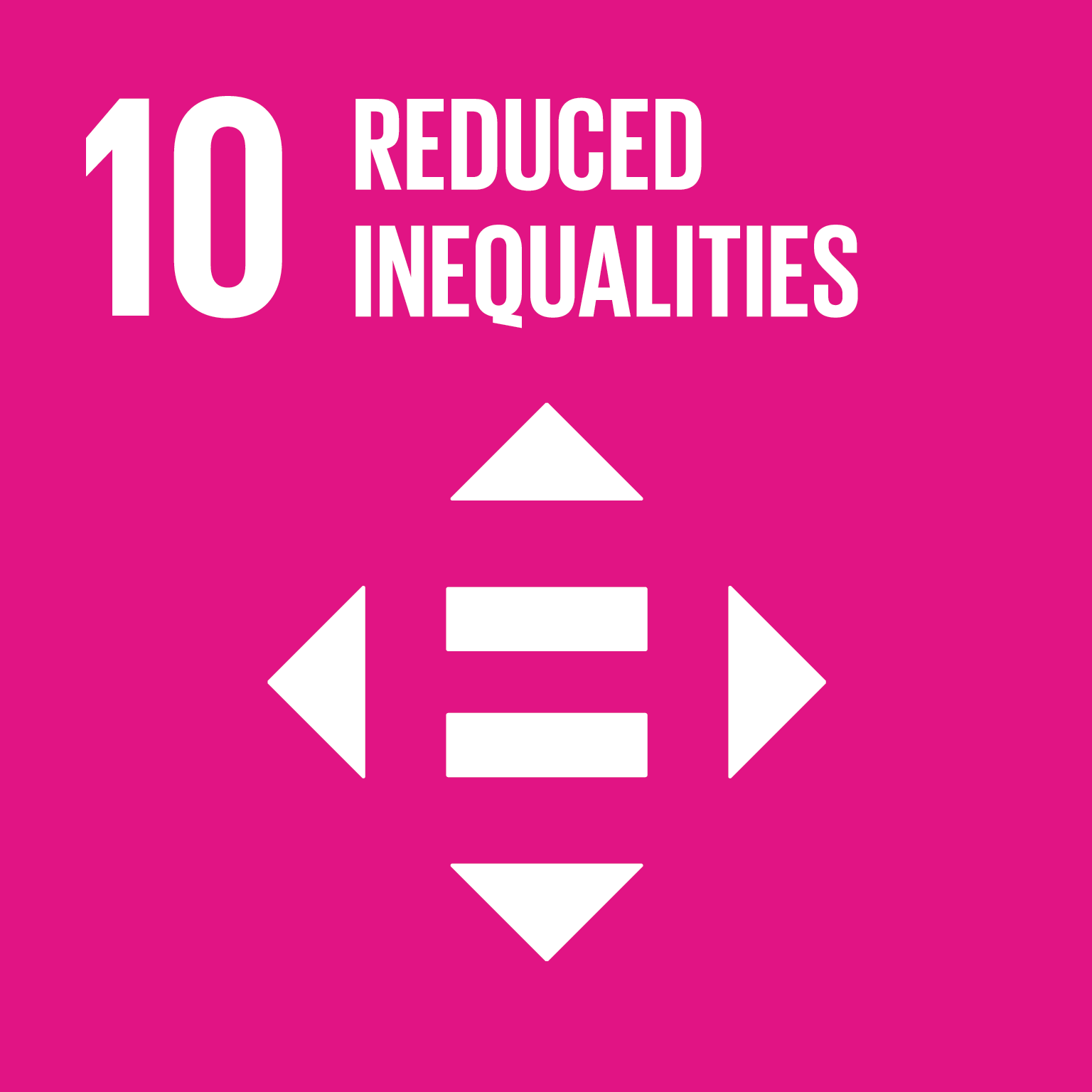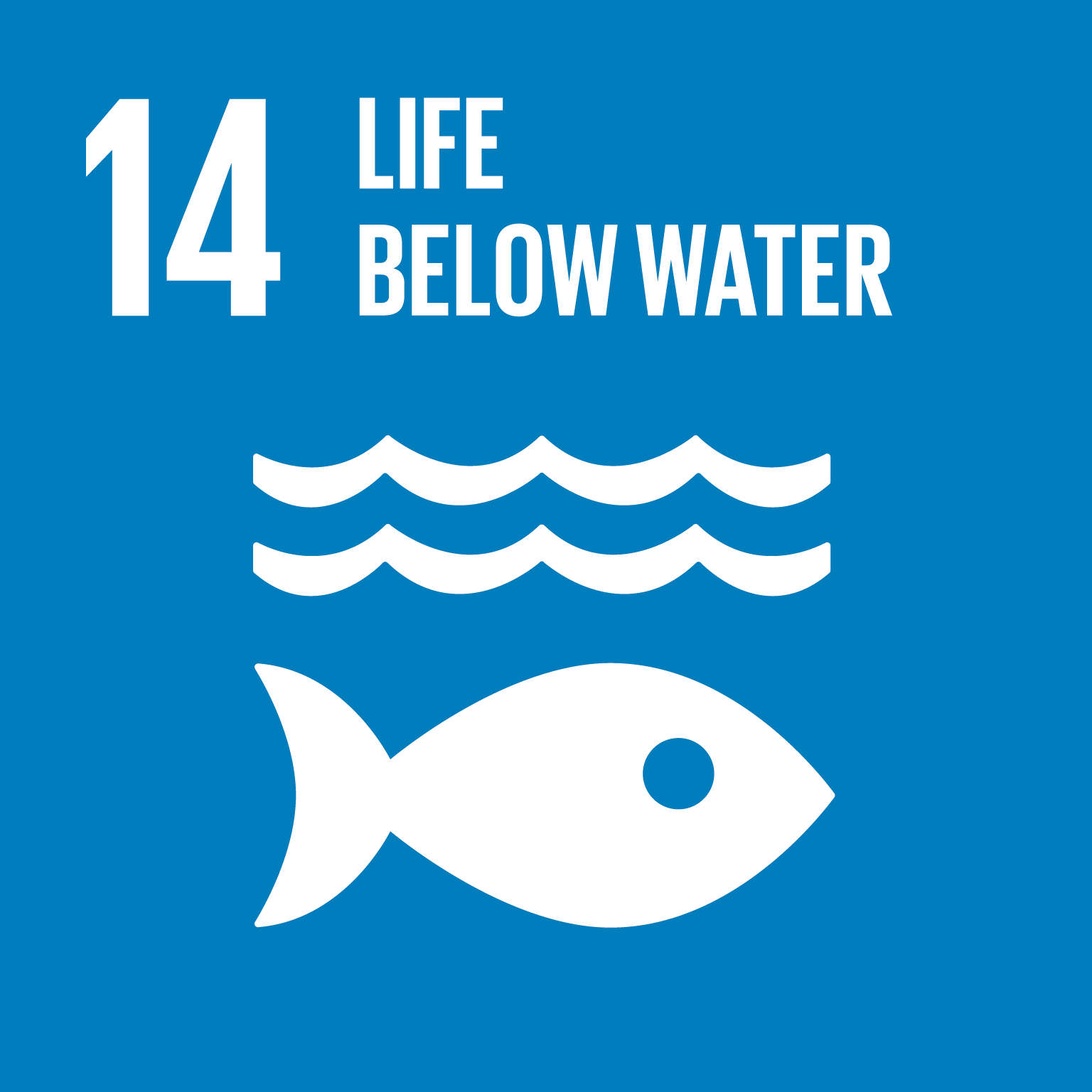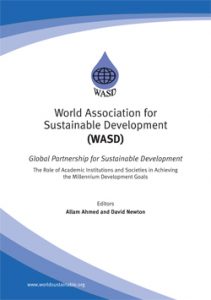Overview
The Role of Academic Institutions and Societies in Achieving the Millennium Development Goals
2nd Sustainability International Conference
Jointly organised by WASD and Napier Business School, Edinburgh Napier University
Edinburgh, United Kingdom
8-10 November 2004
In pursuit of the Millennium Development Goals (MDGs), WASD’s 2nd International Conference brought together scholars, key figures in policymaking, and their respective papers to explore the role academic institutions play and can further play in the achievement of such.
Diaspora
The collaboration between the Diaspora and those working within the country of origin offers several opportunities and contributes to increase productivity towards sustainable and inclusive knowledge-based growth. Building constructive relationships between the Diasporas and countries of origin require that Diasporas be treated not as a mere resource, but as partners and investors with mutual benefits.
It has long been argued that Diasporas will be most interested in contributing to SD efforts when they have a sense of belonging in relation to their country of origin. Therefore, it is very important to establish trust between Diasporas and governments in the country of origin. In doing so, governments need to invest in identifying their Diasporas abroad and in understanding their skills and interests.
Many sustainability problems can only be tackled by connecting the diaspora with those working within the country of origin, for example combating the results of climate change, diseases such as malaria, reservation of natural resources, fighting land degradation or limiting the loss of biodiversity and many other problems. Moreover, knowledge or evidence-based policymaking is indispensable if gaps in living standards are to be narrowed. Therefore, building capacity in country of origin is necessary for competing in the global arena and there it is critical to turn the diaspora into a positive tool for SD as well as serving as role models for the youth in the country of origin.
Location
Edinburgh Napier University - Merchiston, 10 Colinton Rd, Edinburgh, Scotland EH10 5DT, United Kingdom

